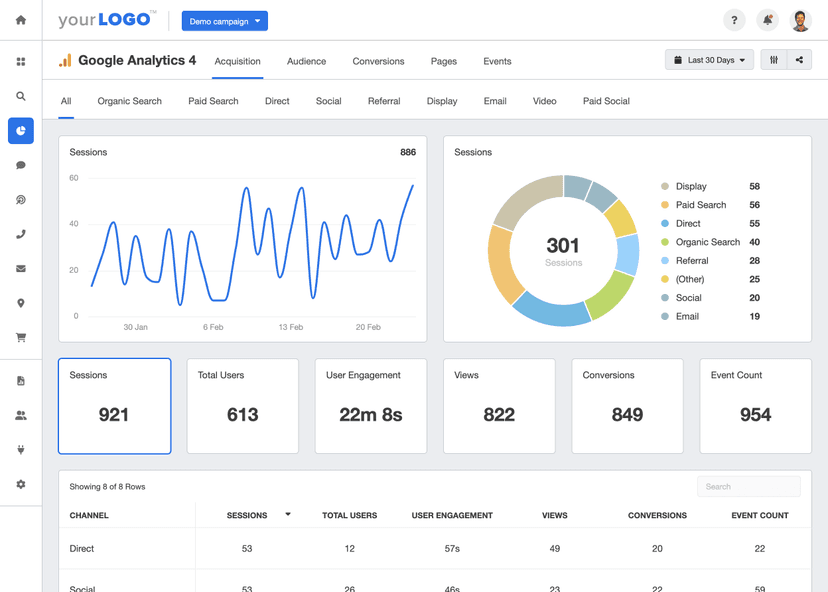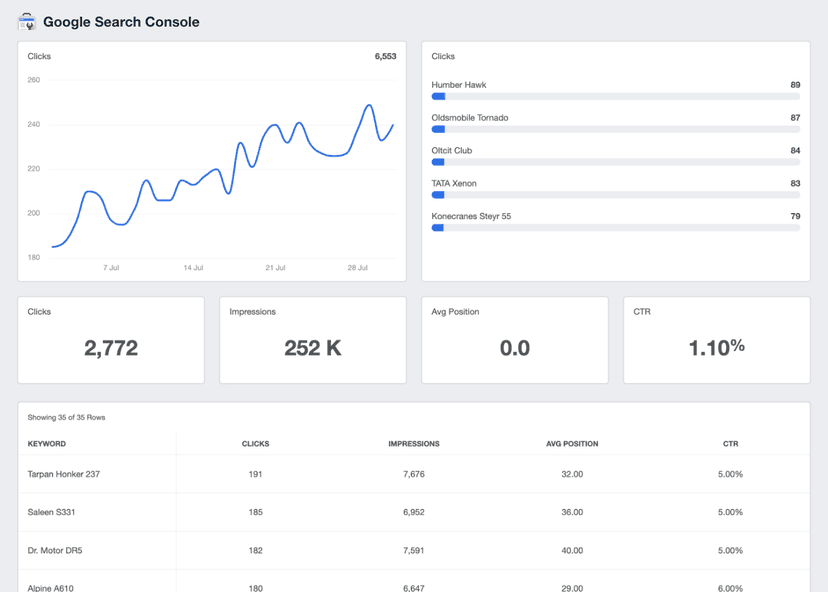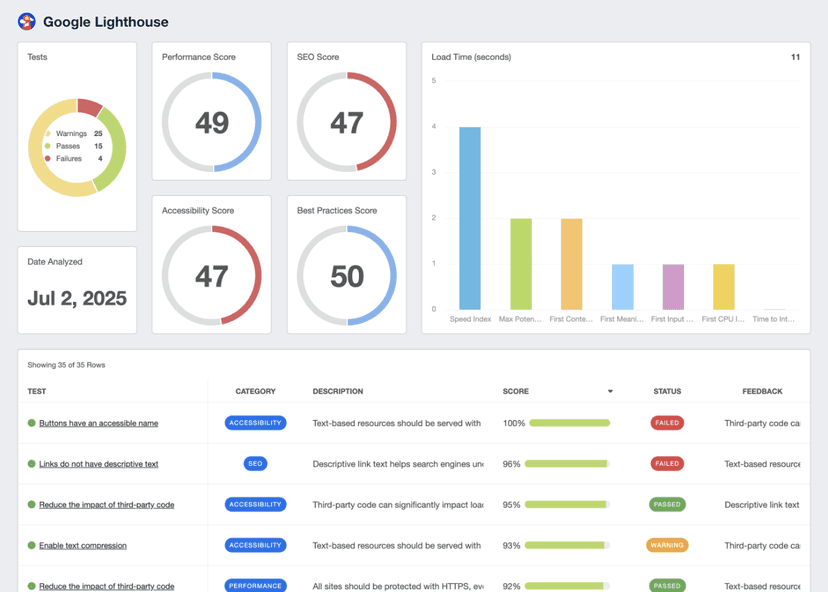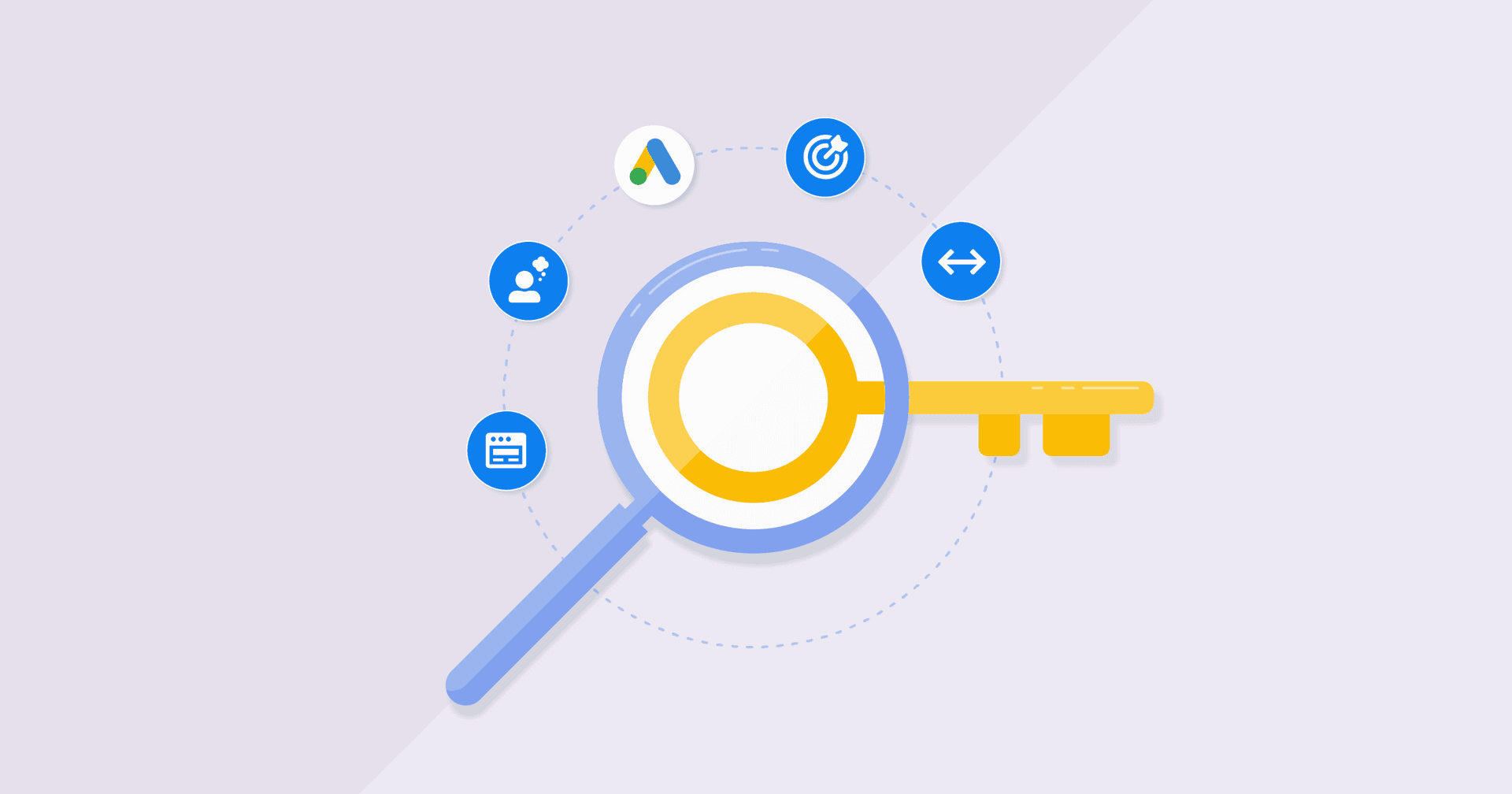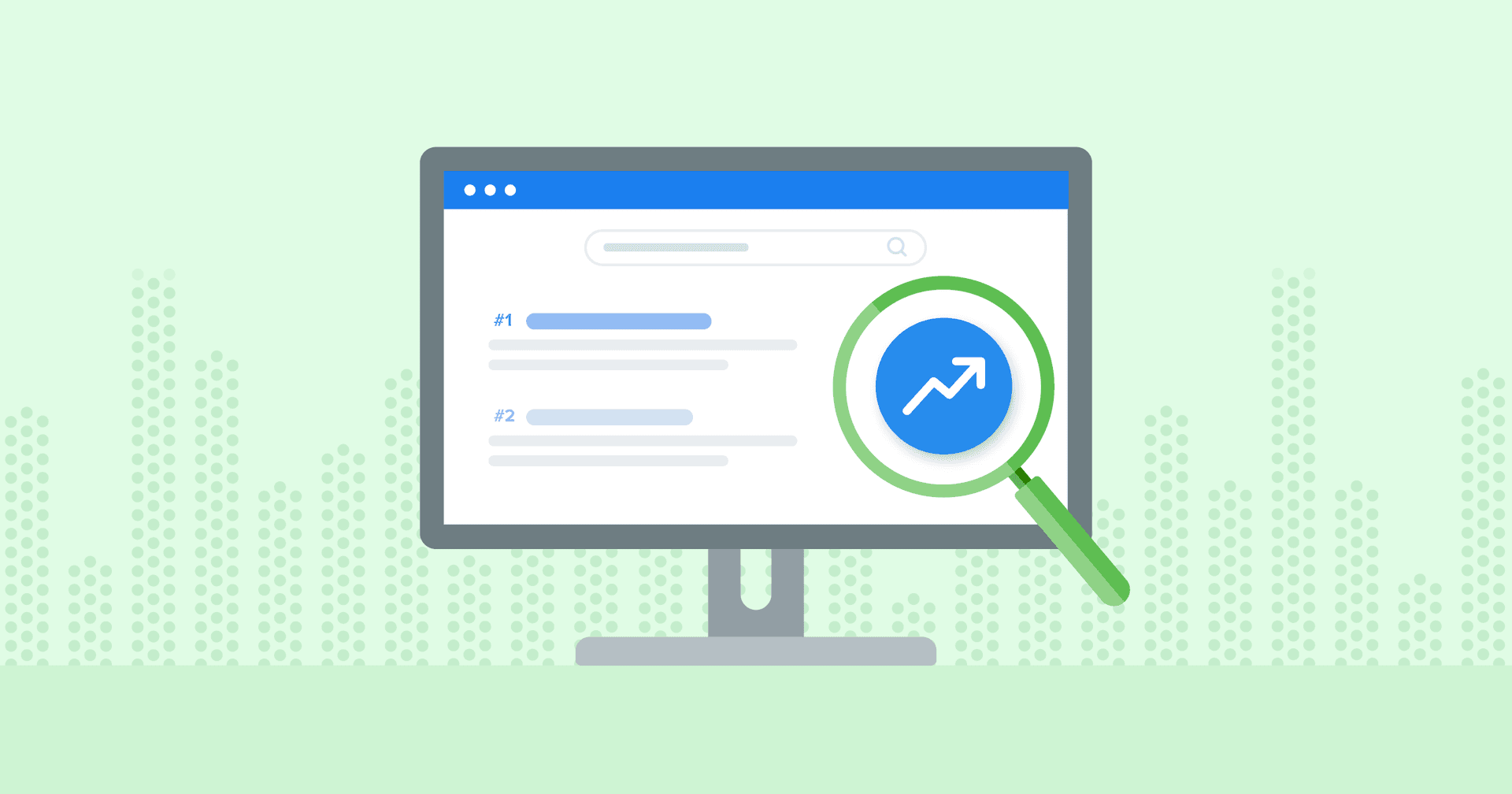Keyword Difficulty Score
Competitive Analysis
Compares scores for target keywords to gauge competitor strength.
Client Reports
Highlight ranking achieved for highly competitive keywords
Strategic Adjustments
Monitors score changes to update and refine ongoing SEO efforts.
Keyword Targeting
Use the Keyword Difficulty Score to identify easier-to-rank keywords.
Why Keyword Difficulty Score Is Important
Keyword Difficulty Score is pivotal in shaping a successful SEO strategy. A high difficulty score signifies a fiercely competitive environment. Breaking into the first page of organic search results against such odds demands a rigorous, well-planned SEO campaign that may stretch agency and client resources. Conversely, a low difficulty score represents an opportunity for quick wins but may yield lower search volumes.
Keyword research tools (Semrush, Ahrefs, Moz, etc.) typically provide a quantitative basis for these scores, streamlining the decision-making and keyword-targeting process. A comprehensive understanding of Keyword Difficulty gives advertisers the insight to allocate resources effectively and set achievable targets.
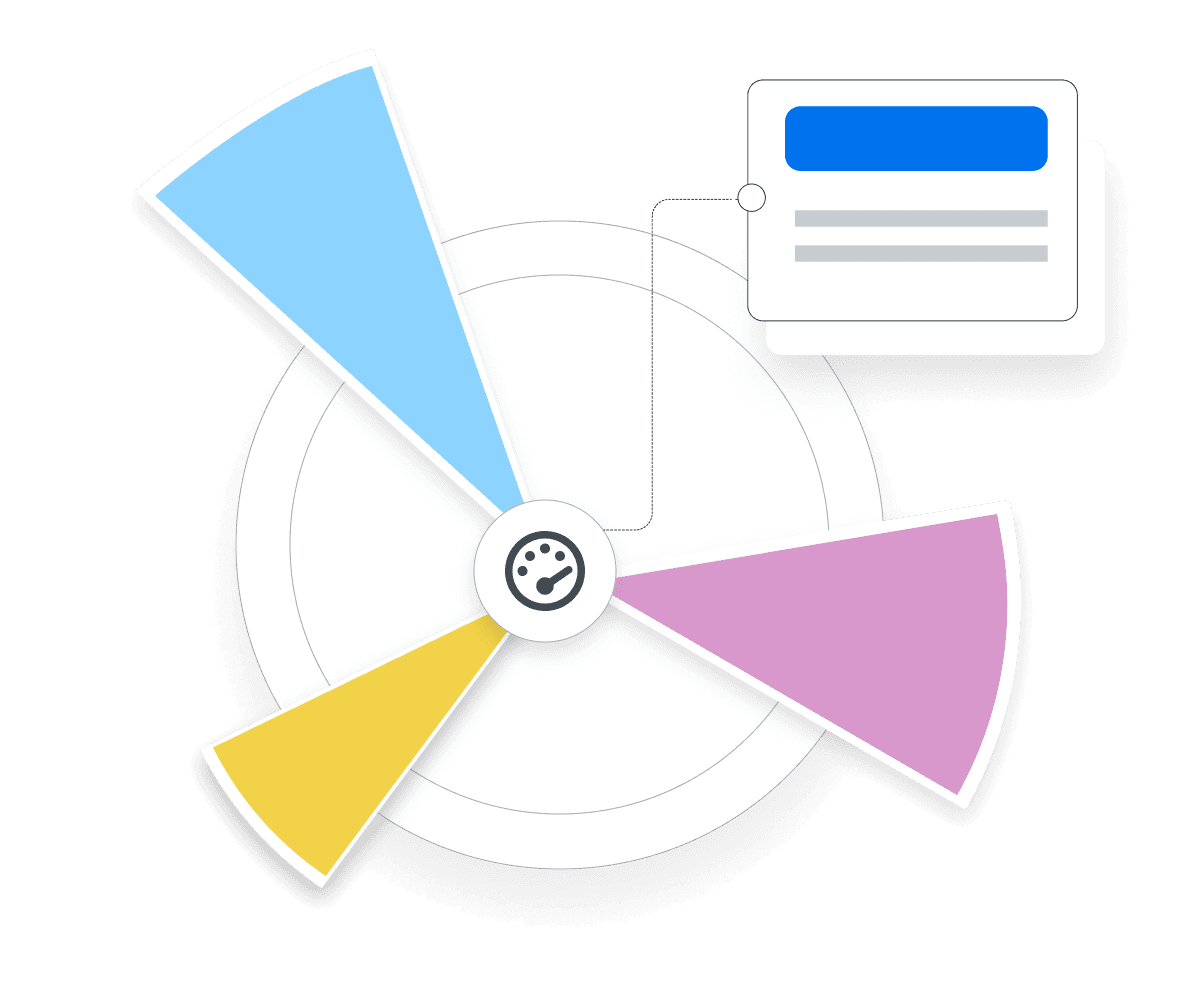
Stop Wasting Time on Manual Reports... Get SEO Insights Faster With AgencyAnalytics
How Keyword Difficulty Relates To Other Vital Metrics
Keyword Difficulty is linked to search volume. A high search volume often correlates with increased competition, elevating the keyword's difficulty score. Understanding volume and Keyword Difficulty helps to pinpoint which terms are worth targeting. For instance, a keyword may have a high difficulty score but a low search volume, making it less appealing for an SEO strategy.
Domain Authority, the number of referring domains, and inbound links significantly influence the capacity to rank for more competitive keywords. These ranking factors impact where a page lands on the search engine results page (SERP). To achieve a top ranking, understanding competing pages' domain and page authority is essential.
High-quality inbound links also bolster a website’s domain authority, making it easier to target terms with a high Keyword Difficulty score. Together with Keyword Difficulty, these metrics help make smarter strategic decisions.
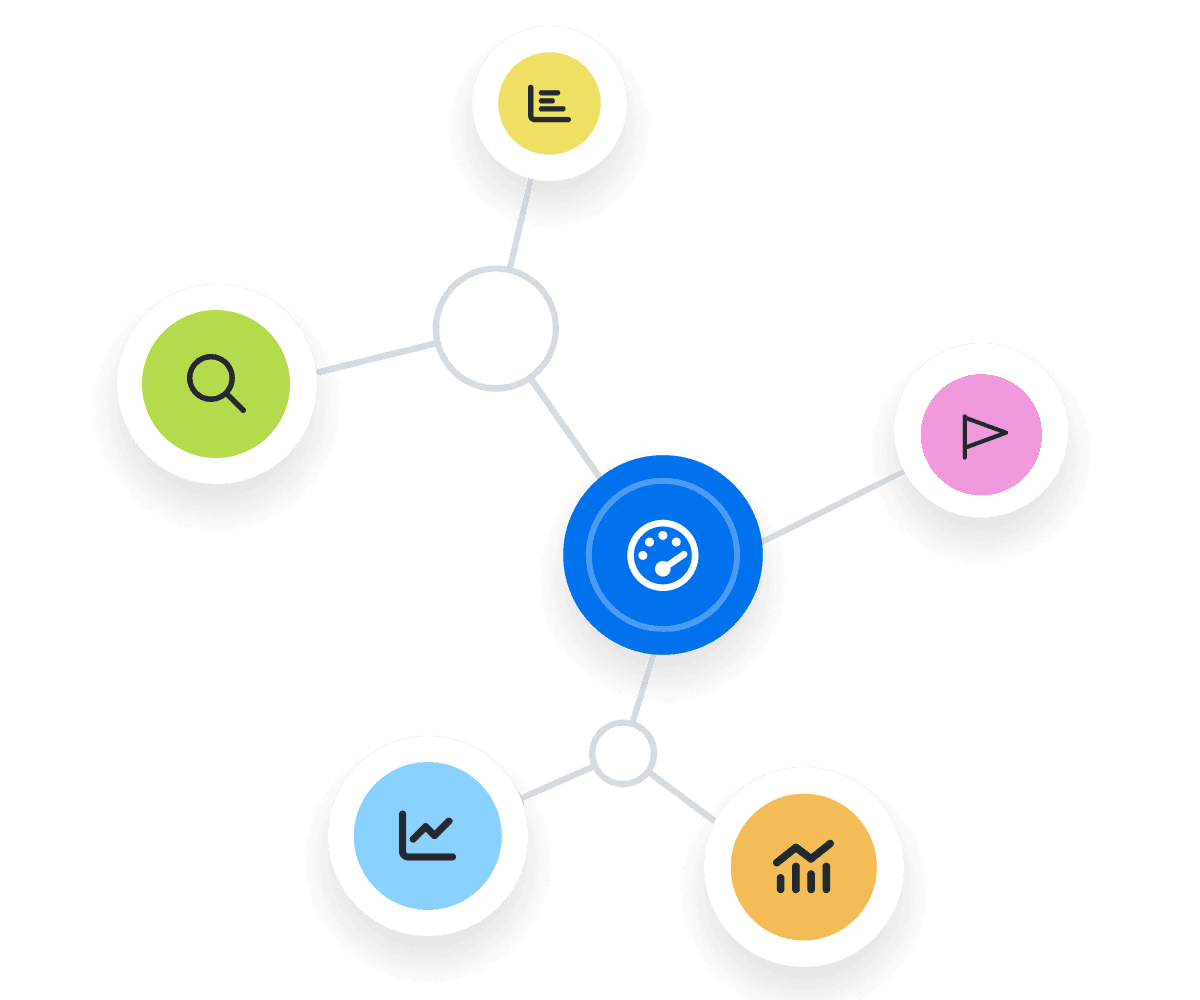
We always encourage our clients to be famous for something their prospects genuinely care about. Keyword research will tell you what your prospects care about, competitor analysis will give you information on how to stand out.
How To Find Keyword Difficulty Scores
Finding a keyword's difficulty score is straightforward with the right keyword research tools. Platforms like Moz, Ahrefs, and Semrush provide comprehensive data, including the Keyword Difficulty metric. Simply input the particular keyword into the tool's keyword explorer to find metrics such as search volume and Keyword Difficulty. These platforms often use a scale from 0 to 100 to represent how difficult it would be to rank for a keyword.
Each tool has its proprietary method of calculating Keyword Difficulty, but the core principles remain the same. Whether targeting long-tail keywords or focusing on low-competition keywords, these tools offer valuable insights to shape SEO strategies.
What Is a High Keyword Difficulty Score?
A high Keyword Difficulty Score, often above 70, indicates steep competition. Ranking for such terms usually requires substantial resources, including high-quality content and strong inbound links.
What Is a Low Keyword Difficulty Score?
A low score, generally below 30, signifies fewer hurdles to ranking well but may indicate lower search volume. It offers a more straightforward pathway to visibility on search engines.
Setting Keyword Targets Like a Pro
Rather than strictly adhering to general benchmarks when creating the keyword target list, agencies often look at historical keyword ranking data. By examining past performance, it’s easier to identify the range of Keyword Difficulty where a website has historically ranked well. This provides a tailored benchmark to guide future efforts.
For example, if a particular website often ranks well for keywords with a difficulty score under 45, identifying the highest-volume keywords with a KD score of 30-44 is the sweet spot.
It is worthwhile to target keywords that are slightly above the established average range. While this demands more resources, it's not unattainable. A focus on generating high-quality content and accumulating relevant inbound links compensates for the higher Keyword Difficulty, potentially providing an edge over competitors.
What Clients Should Know About Keyword Difficulty
Keyword Difficulty is a metric that helps clients focus on attainable targets while gauging the effort needed for more competitive keywords. This score helps clients set achievable goals for keyword rankings, avoiding the disappointment of targeting keywords that are too challenging to rank for.
Although scoring victories against high-difficulty keywords provides some bragging rights and a competitive edge, it’s crucial to help steer clients toward achievable targets that help drive the bottom line.
Highlighting Keyword Difficulty Scores in SEO optimization strategies shows that the agency has thought through the keywords a client may want to rank for and the ones where they have a higher likelihood of success.

The Agency Perspective on Keyword Difficulty
For agencies, the Keyword Difficulty Score is less about the trophy and more about the strategy. It's pivotal for the initial keyword research phase to set the stage for delivering the highest SEO value.
Understand Keyword Difficulty to form a tactical game plan that aligns with the client's goals, including organic research that takes into account the search intent of each keyword.
Agencies use this metric to carefully choose keywords to target, especially when aiming for those top 10 positions. It's an invaluable tool for advising clients, framing expectations, and demonstrating the agency's SEO expertise.

How To Analyze and Report on Keyword Difficulty
Analyzing Keyword Difficulty from multiple angles hones SEO strategy and maximizes efficiency. While marketers might find the intricacies of Keyword Difficulty fascinating, clients are usually more concerned with results.
Authority vs. Difficulty
Check Keyword Difficulty against domain authority to show the likelihood of achieving a meaningful rank. A look at the domain authority of top-ranking sites indicates whether snagging a spot on the first page of SERPs is feasible, even if the top rank is out of reach.
Volume Matters
Correlating Keyword Difficulty with keyword volume ensures the target keyword will draw enough traffic. After all, what's the point of ranking high for a term nobody is searching for? Target keywords with a KD that is within the competitive range and enough traffic to make an impact.
Track and Adapt
Group keywords by difficulty and track their resulting rankings. This exercise will either reinforce or help alter the target range set during the keyword research phase, clarifying what 'good Keyword Difficulty' means.
Contextualize Keyword Metrics
For clients, the difficulty score is a metric that gains importance when viewed alongside other KPIs like organic traffic. If an agency has achieved rankings for several highly competitive target keywords, emphasize how this has contributed to organic traffic growth. Tools like a Keyword Difficulty checker validate results but remember that these numbers mean the most when they correlate with business results.
Visualize Rankings
A picture is worth a thousand words, and a well-designed chart speaks volumes about the success of an agency's SEO efforts. By visualizing keyword ranking performance, you offer a snapshot of the campaign's status and reinforce the wisdom behind the initial keyword selection. This way, the complexity behind Keyword Difficulty calculated through various keyword research tools becomes much easier to grasp.
Align Keywords With Client Goals
The core focus should be on how targeting the right–and sometimes more difficult–keywords directly influences client goals. Whether it's driving more online sales or increasing brand visibility, each keyword contributes to a larger strategy. And since agencies can't just find keywords randomly, explain how SEO difficulty and target keywords were selected with the client’s specific objectives in mind.
While rankings are important, they are only a means to an end. We understand that our clients don’t just want to rank #1 for a search term, they want leads. This is why we focus on strategies that drive real business results and not just rankings. We use AgencyAnalytics to track leads and ROI, so we can see how our campaigns are directly impacting our client’s bottom line.
FAQs About Keyword Difficulty Score and its Impact on SEO Growth
Still figuring out how keyword difficulty fits into your SEO strategy? Whether you're comparing different SEO tools or exploring SERP analysis and referring domains, these answers will help you choose the right keywords and optimize for organic search traffic.
To check keyword difficulty score, use a keyword research tool like Ahrefs, Semrush, or Moz. These tools measure how hard it is to rank for a specific keyword by analyzing top-ranking pages, backlink profiles, and referring domains. This gives you a reliable snapshot of competition for any given keyword.
The best keyword research tools include Ahrefs, Semrush, and Moz. These platforms provide detailed keyword reports, SERP analysis, and insights into keyword difficulty, high search volumes, and relevant content. They're essential for building a keyword list and aligning your SEO strategy with Google’s algorithm.
Keyword difficulty is important to understand because it shows how challenging it will be to rank for a given keyword. Knowing this helps you prioritize keywords based on your site’s authority, so you focus on realistic opportunities and avoid wasting time chasing keywords you’re unlikely to rank for.
Keyword difficulty for a specific keyword impacts organic search traffic by influencing how easily your page can rank. If the keyword is too competitive, your content might not appear on visible pages of search results—limiting your projected click-through rate and traffic potential.
A higher difficulty score means you’ll need better-optimized content, more referring domains pointing to your site, and stronger backlinks to compete with top ranking pages already targeting that keyword.
A keyword difficulty score reveals how strong the top ranking pages are by analyzing how many websites link to them and the quality of those referring domains. This insight helps you understand what it takes to outperform them in search results.
Keyword difficulty is an essential metric in keyword reports and SERP analysis because it helps you evaluate the feasibility of ranking. By analyzing competition, page authority, and content quality, you can make smarter decisions about where to focus your SEO efforts.
Different SEO tools measure keyword difficulty using metrics like backlink profiles, domain authority, content relevance, and how well a given page aligns with Google’s algorithm. Some tools also factor in projected click-through rates and how visible pages perform in real search environments.
To find the right keywords for a specific client, compare keyword difficulty against search volume to identify terms with realistic ranking potential and meaningful traffic. Use a keyword research tool or keywords explorer to spot terms that are both attainable and high-impact.
Prioritize keywords that show strong projected click-through rates and relevant results in SERP analysis. A well-optimized keyword list considers other factors like how many websites link to top ranking pages and what the tool measures—such as referring domains and content quality. This balance ensures you’re targeting terms that align with both opportunity and effort.
Keyword Rank Tracker
Related Integrations
How To Improve Rankings for High Keyword Difficulty Search Terms
While tackling high-difficulty keywords presents a daunting challenge, they're not necessarily out of reach. The payoff? Substantial increases in traffic and conversions. Here are a few tips to help make it happen.
Optimize On-Page Elements
For high-difficulty keywords, every on-page element counts. Ensure that the title tags, meta descriptions, and headers are keyword-optimized and compelling
Acquire Quality Links
Clients need robust backlink profiles to compete. Focus on obtaining links from high-authority, relevant websites to boost their chances of ranking.
Update Content Regularly
High-ranking pages usually have fresh content. Regular updates signal to search engines that the page remains relevant and authoritative.
Related Blog Posts
See how 7,000+ marketing agencies help clients win
Free 14-day trial. No credit card required.


